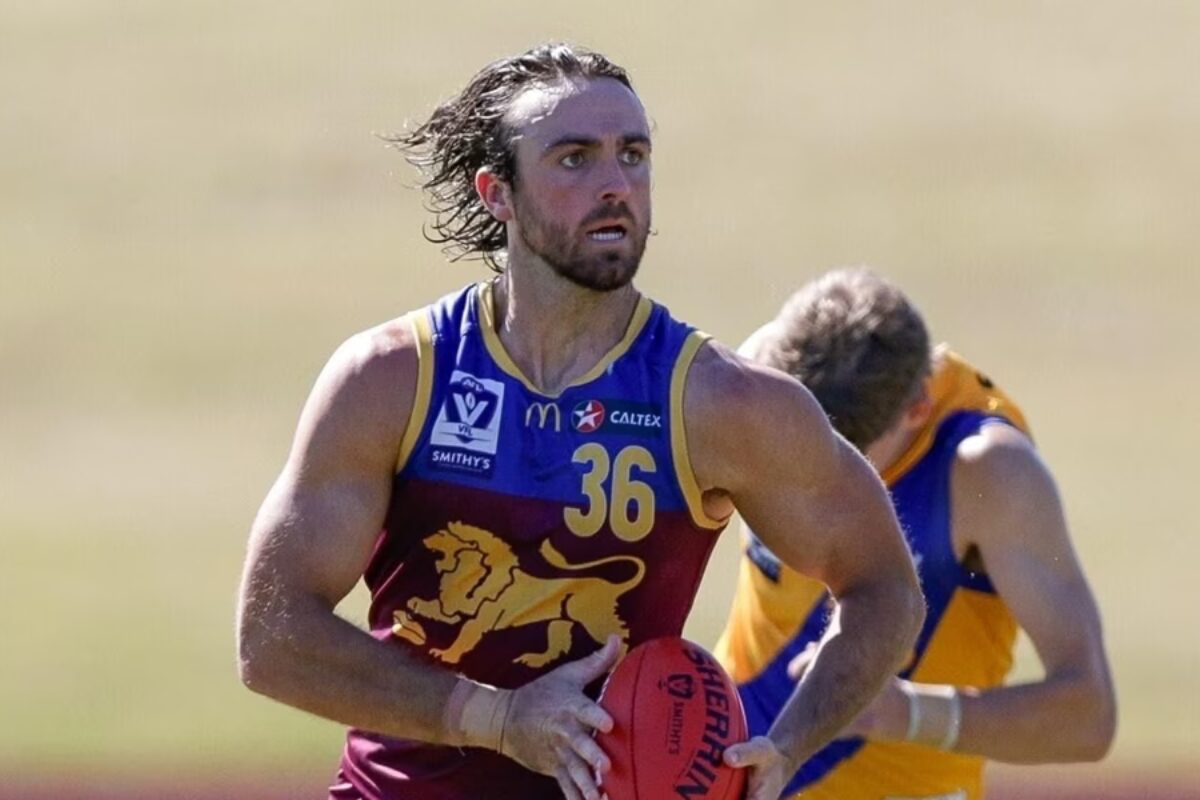A multi-year suspension in professional sport is rarely just “time off.” It affects everything — career momentum, income, reputation, and personal well-being. The recent three-year ban imposed on Rhys Mathieson highlights how deeply such rulings can reshape an athlete’s life (AFL former player banned).
For the AFL community, his case shows why suspensions must be treated as more than disciplinary outcomes — they are full-scale career disruptions that demand structured support from clubs, leagues, and peers.
Immediate impact: no playing, limited training, income loss
Ex-AFL player faces mega ban over performance-enhancing drugs
A former AFL player has been banned from playing football at any level after testing positive to performance-enhancing substances. Full context, reaction, and what it means for his future.
When an athlete is banned, the immediate consequence is isolation from competition. Mathieson, for instance, cannot play until August 2027 and can only resume training from June 2027. This separation cuts off match payments, appearance bonuses, and potential prize money. Therefore, income declines sharply. While some suspended players turn to part-time coaching or fitness instruction, few can replace their lost earnings fully.
Moreover, the absence from structured environments impacts form and connection. The longer the break, the harder the eventual comeback becomes. For many, the ban effectively divides their career into “before” and “after.”
AFL former player banned : Sponsorship & personal brand consequences


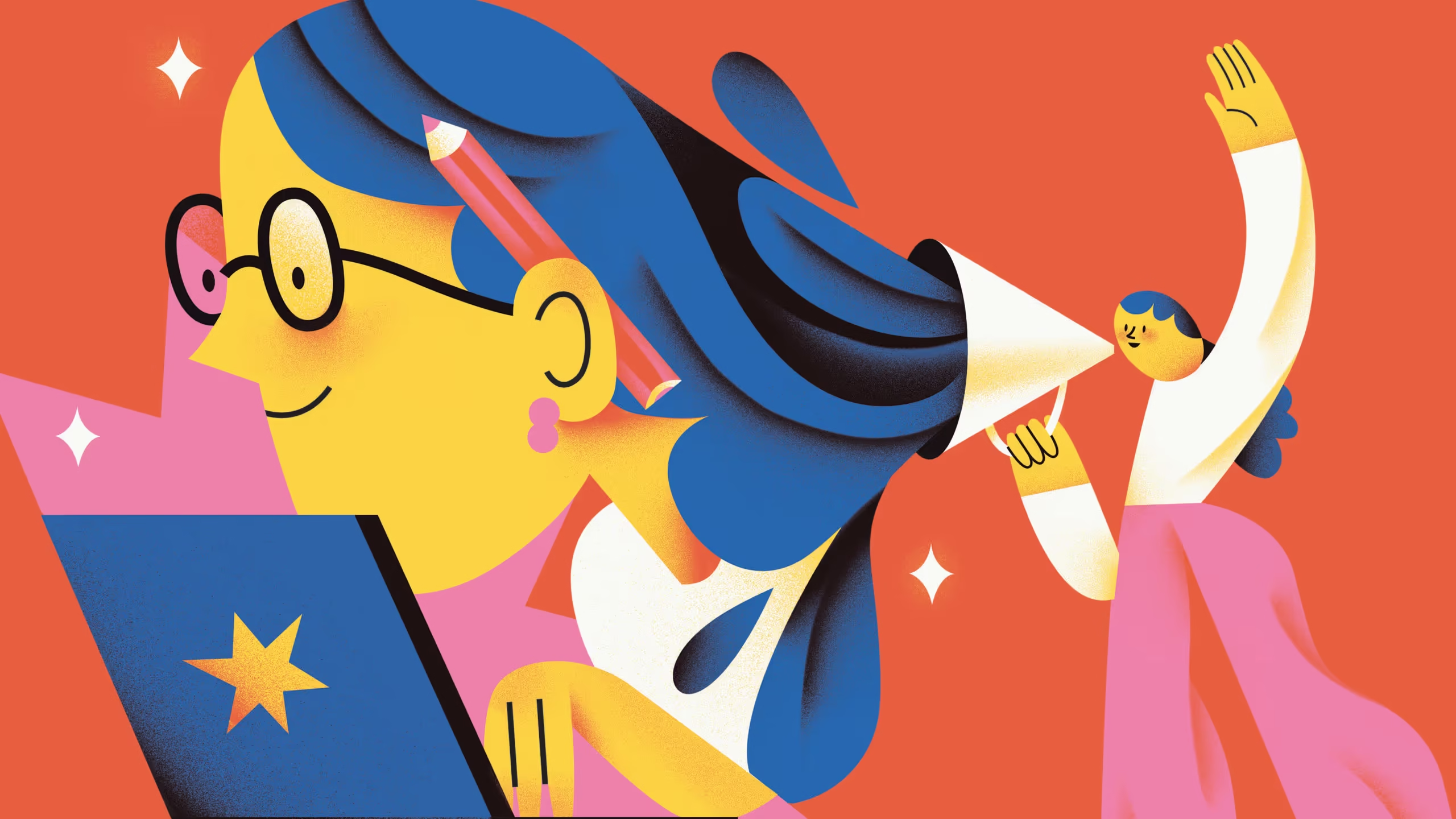
Modern athletes aren’t just competitors — they are brands. Endorsements depend on image, trust, and public perception. Once a doping ban or misconduct enters the picture, those pillars shake. Brands often include “morality clauses” allowing them to suspend or terminate partnerships after reputational damage. In Mathieson’s case, his fitness and influencer presence once built around motivation now faces credibility questions.
As a result, sponsors hesitate, collaborations dry up, and personal brand value drops. Even after reinstatement, rebuilding trust with both companies and fans can take years. The market remembers controversy far longer than comeback stories.
AFL former player banned : Mental health, identity and athlete transition challenges
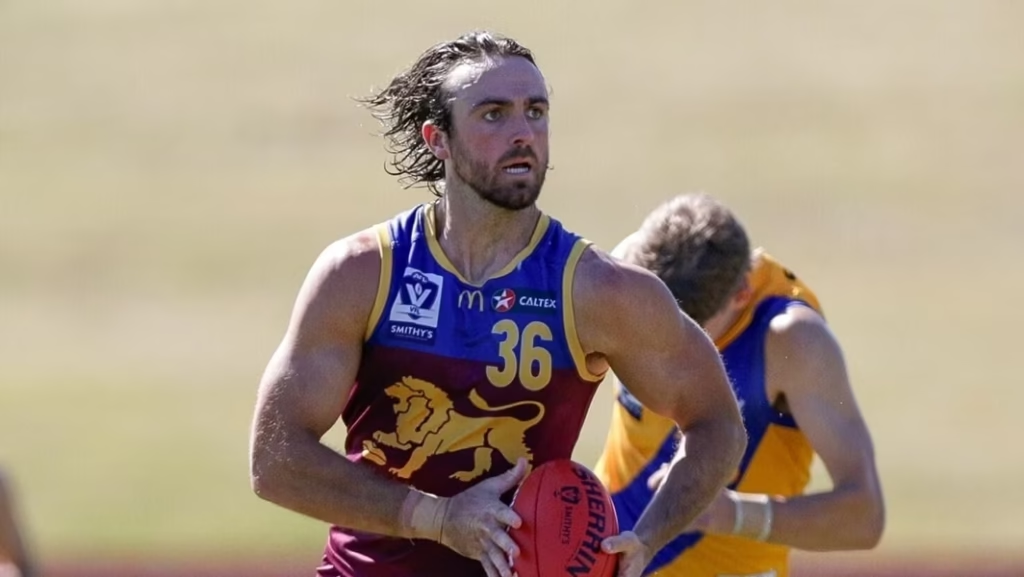
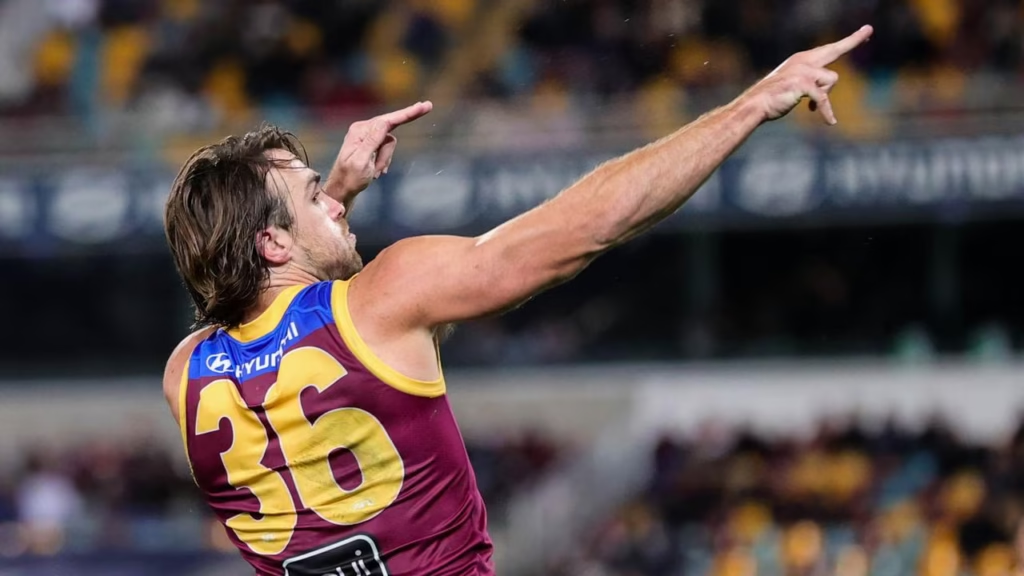
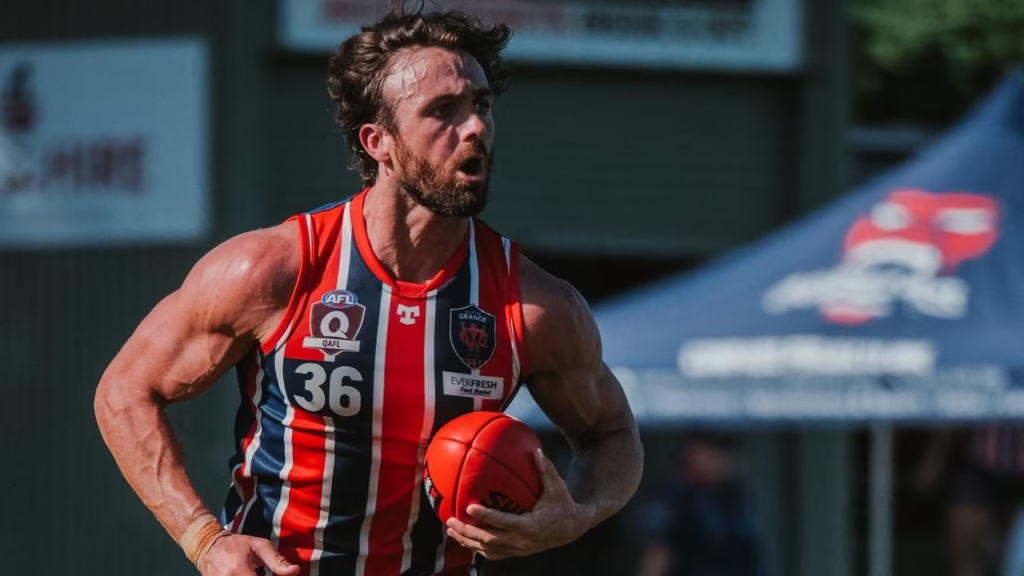
Beyond money and fame, suspension hits the mind hardest. Athletes thrive on structure — training blocks, teammates, goals, competition. When that vanishes, so can their sense of purpose. The emotional fallout often includes anxiety, guilt, and identity loss. For former AFL players who already face transition pressures, a ban compounds those struggles. Without strong mental-health support, isolation deepens.
However, recovery is possible. Players who engage in therapy, volunteering, or mentoring roles during suspension often return stronger. The key is connection — staying involved with community, not disappearing entirely. Source: News on Au
Post-ban options: return to sport, alternate careers (AFL former player banned)
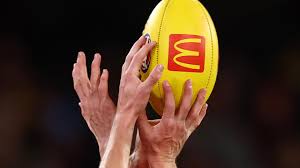
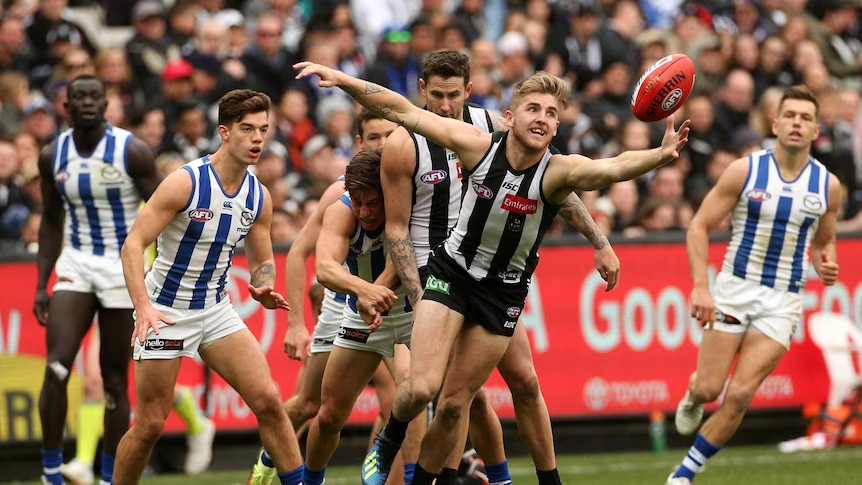
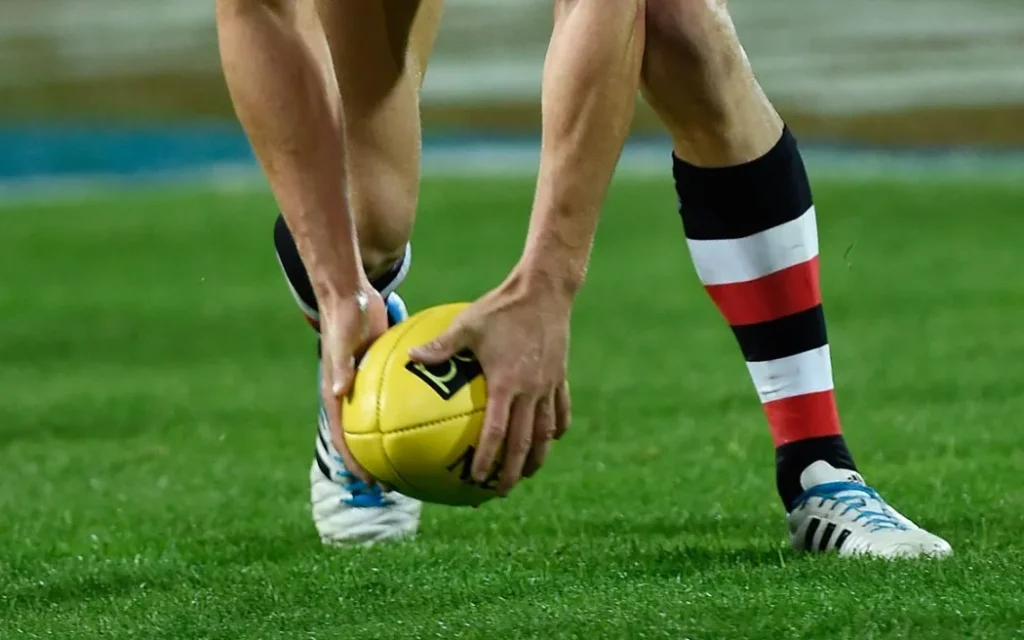
After suspension, two main paths exist — return or reinvention. A comeback is possible, but only with disciplined preparation. The physical gap, aging, and reputational rebuild make it challenging but not impossible.
Alternatively, athletes can pivot to coaching, sports media, fitness entrepreneurship, or education. Many suspended players use downtime to gain qualifications or develop businesses. Therefore, a ban can become a forced reset — painful, but potentially productive if approached with purpose. Mathieson’s case could serve as a blueprint for future transitions: using visibility to educate, rebuild, and reframe identity beyond the playing field.
Club and league responsibilities in supporting suspended players
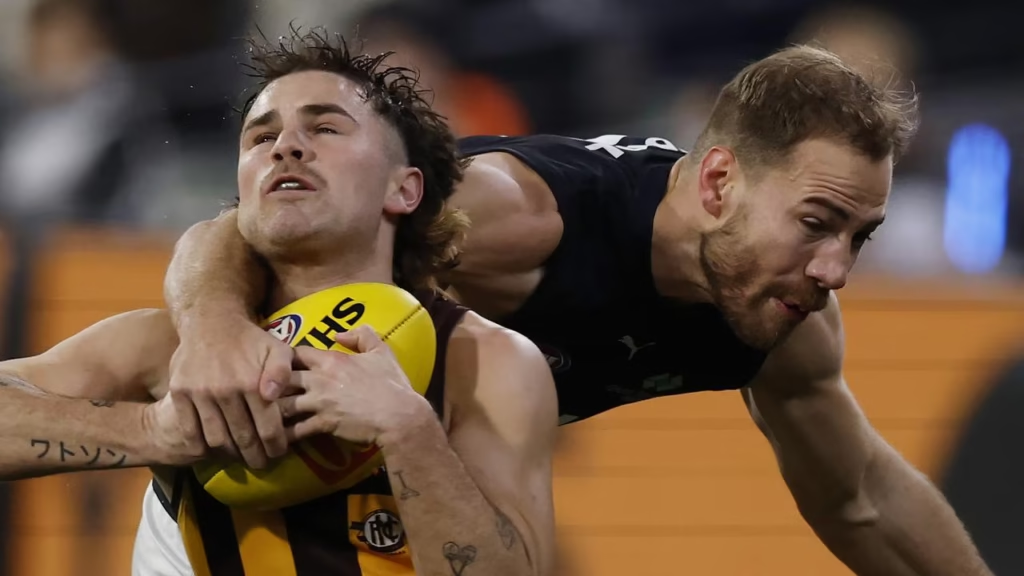
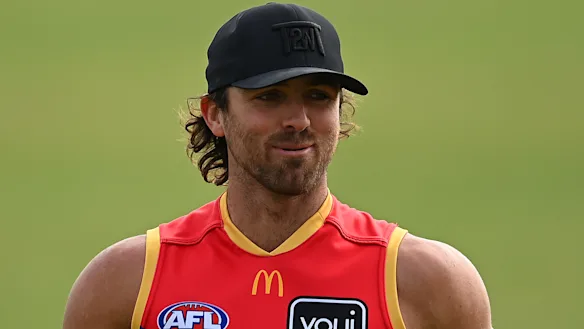
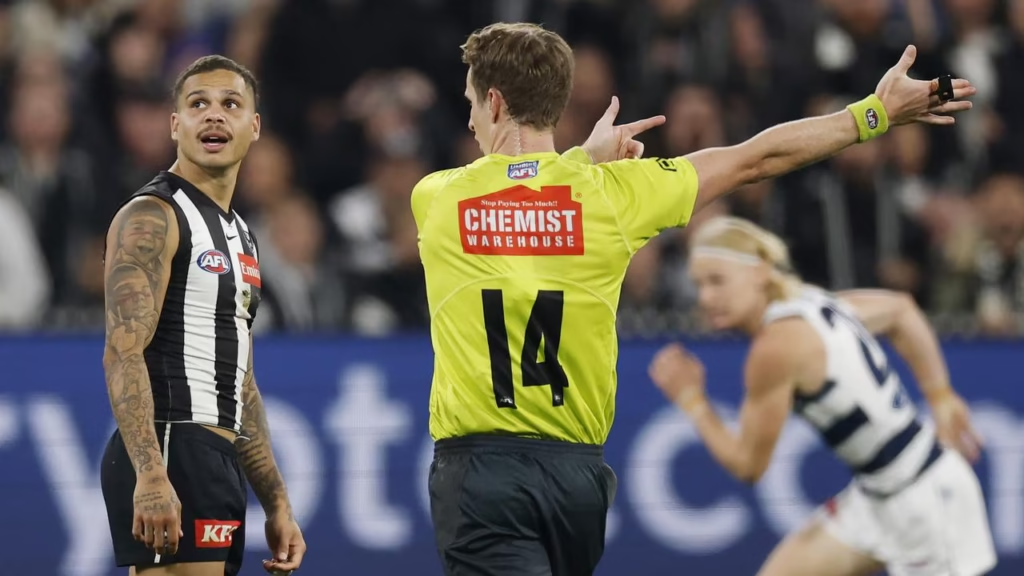
AFL clubs and state leagues share responsibility for how suspended athletes are treated. Ethically, support should continue, even if formal contracts don’t require it.
Clubs can provide access to welfare staff, counseling, and retraining opportunities. Leagues can offer educational workshops about anti-doping and post-career planning. Importantly, treating bans as holistic events — not punishments to ignore — improves both rehabilitation and deterrence. Such support systems protect both the individual and the game’s integrity. A player’s fall shouldn’t become a lifetime exile. Instead, it should be a structured path back to accountability and contribution.
Broader Impact of a Three-Year Suspension – AFL former player banned
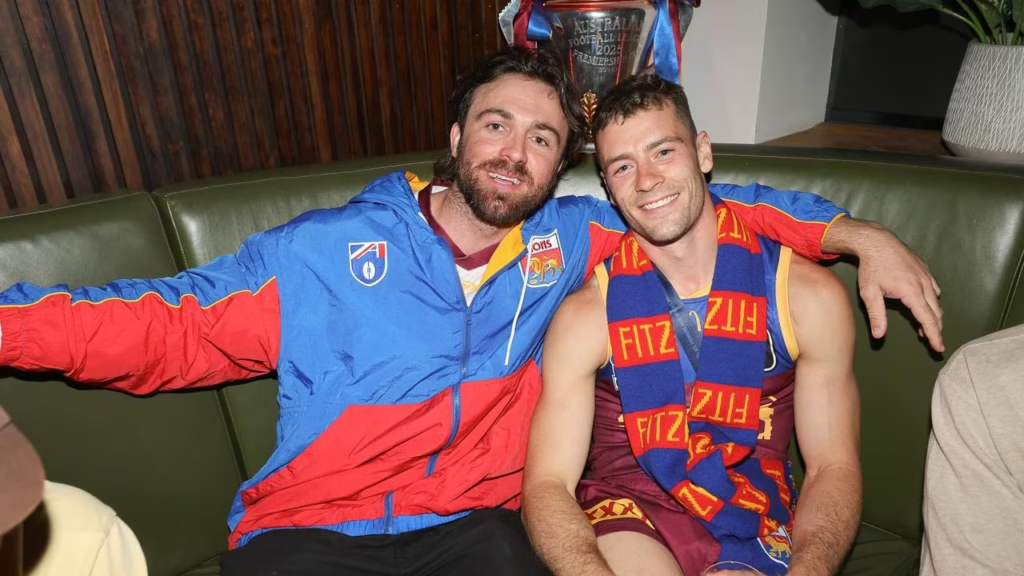
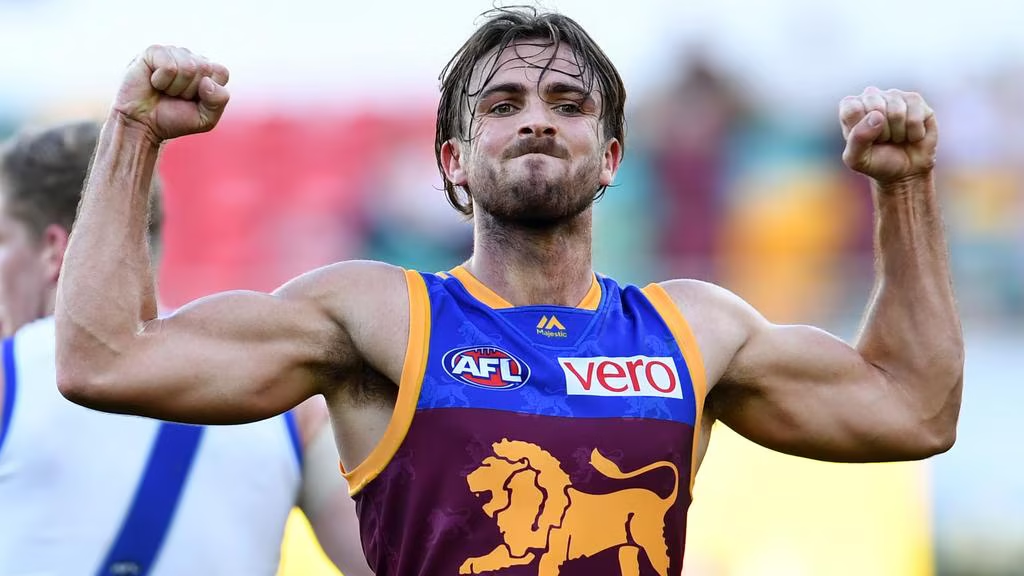

A three-year AFL suspension is not just a regulatory penalty — it’s a life-altering event. For Mathieson, the challenge now extends beyond training schedules or public image. It’s about rebuilding identity, stability, and self-belief.
For the league and clubs, the case is a reminder: support suspended athletes holistically. True accountability means helping them recover as people, not just policing them as players. The future of integrity in sport depends on that balance.

